January 2 stands as one of history’s most eventful days, witnessing the rise and fall of empires, groundbreaking discoveries, and moments that shaped our modern world across centuries of human achievement.

Politics and Government Events on January 2
1920 – Second Palmer Raid Arrests 6,000 Suspected Communists
The US Department of Justice launched its second major Palmer Raid, resulting in the arrest of 6,000 suspected communists and anarchists. Federal agents detained these individuals without trial during the height of the Red Scare.
The raids reflected America’s post-World War I fears of radical political movements. This aggressive government action sparked nationwide debate about civil liberties and constitutional rights.
1949 – Luis Muñoz Marín Inaugurated as First Elected Governor of Puerto Rico
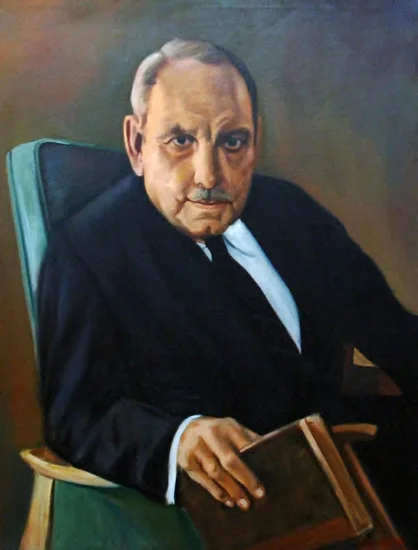
Luis Muñoz Marín took the oath of office as Puerto Rico’s first democratically elected governor. His inauguration marked a historic shift from appointed colonial administrators to local democratic governance.
Muñoz Marín’s leadership transformed Puerto Rico’s political landscape and economic development. His policies laid the groundwork for the island’s modern relationship with the United States.
1967 – Ronald Reagan Sworn In as California Governor
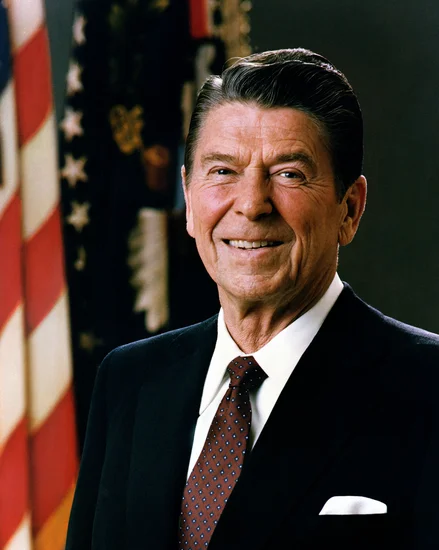
Former Hollywood actor Ronald Reagan officially became California’s governor in Sacramento. His political career transition from entertainment to governance captured national attention.
Reagan’s gubernatorial tenure established his conservative credentials and political philosophy. This position served as the launching pad for his eventual presidency in the 1980s.
1991 – Sharon Pratt Dixon Becomes First African American Woman Mayor of Major City
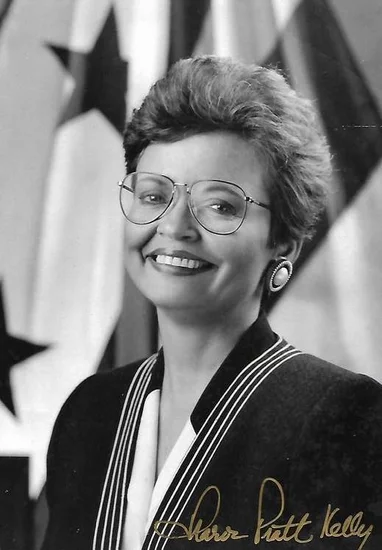
Sharon Pratt Dixon made history by becoming the first African American woman to serve as mayor of a major American city. Her election as Mayor of the District of Columbia broke significant barriers in urban leadership.
Dixon’s groundbreaking achievement inspired women and minorities across the nation. Her administration focused on reforming Washington D.C.’s government and addressing urban challenges.
2022 – Massive Protests Erupt in Kazakhstan Over Gas Price Increases
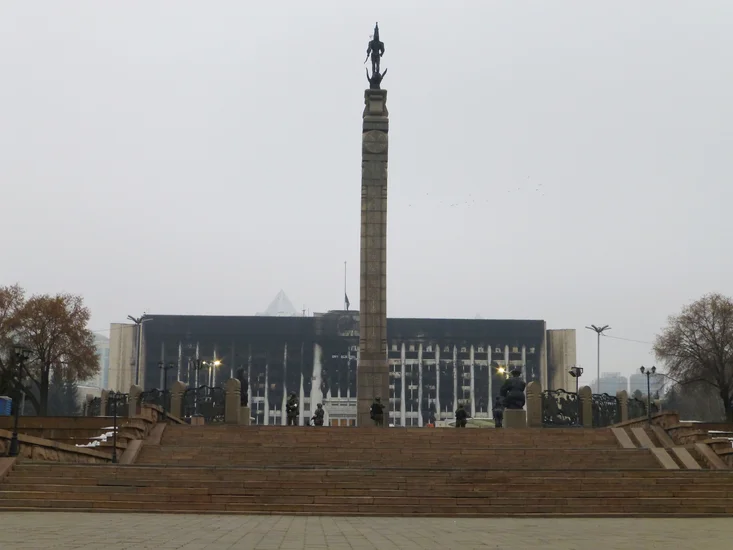
Nationwide protests and civil unrest exploded across Kazakhstan following sudden increases in liquefied petroleum gas prices. The demonstrations quickly escalated into broader anti-government movements.
By January 11, the violence had claimed 238 lives and injured thousands more. The uprising represented the most significant challenge to Kazakhstan’s government since independence.
Military and Naval History on January 2
1941 – Cardiff Blitz Severely Damages Welsh Cathedral
German bombers launched a devastating air raid on Cardiff, Wales, severely damaging the city’s historic cathedral. The Cardiff Blitz represented one of the most destructive attacks on Welsh civilian targets.
The bombing campaign targeted Cardiff’s strategic port facilities and industrial infrastructure. Local firefighters and rescue workers displayed extraordinary courage during the nighttime assault.
1942 – Japanese Forces Capture Manila
Japanese military forces successfully captured Manila, securing control over the Philippines’ capital city. This victory enabled Japan to establish complete dominance over the strategically vital archipelago.
The fall of Manila marked a crushing defeat for Allied forces in the Pacific Theater. Filipino and American defenders were forced to retreat to the Bataan Peninsula.
1963 – Viet Cong Wins First Major Victory at Battle of Ap Bac
The Viet Cong achieved their first significant military victory against South Vietnamese forces at the Battle of Ap Bac. This engagement demonstrated the communist forces’ growing tactical sophistication and effectiveness.
The battle exposed serious weaknesses in South Vietnamese military capabilities and American advisory strategies. The victory boosted Viet Cong morale and recruitment efforts throughout the region.
1971 – Second Ibrox Disaster Kills 66 Football Fans
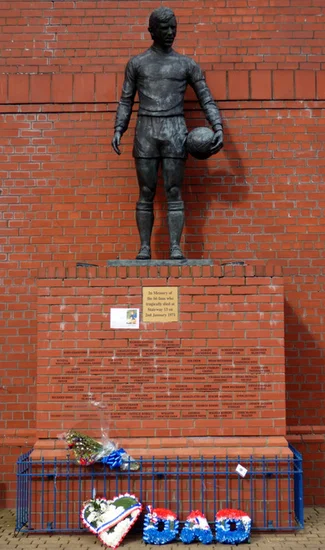
A tragic crowd crush at Ibrox Stadium during a Rangers-Celtic match resulted in 66 deaths and hundreds of injuries. The disaster occurred when fans attempted to return after hearing a late equalizing goal.
The tragedy led to comprehensive reforms in stadium safety and crowd management procedures. This devastating event remains one of the worst sporting disasters in British history.
Science and Discovery Milestones on January 2
1959 – Soviet Union Launches Luna 1 Spacecraft
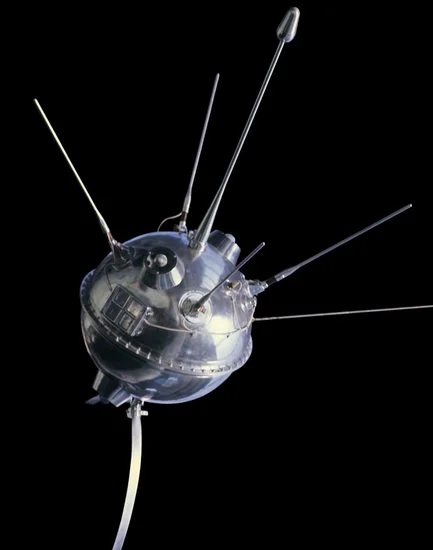
The Soviet Union successfully launched Luna 1, the first spacecraft to reach the Moon’s vicinity and orbit the Sun. This groundbreaking mission marked humanity’s first successful lunar flyby attempt.
Luna 1’s historic flight demonstrated Soviet space program capabilities and advanced lunar exploration technology. The mission provided crucial data about cosmic radiation and the Moon’s magnetic field.
2004 – Stardust Spacecraft Collects Samples from Comet Wild 2

NASA’s Stardust spacecraft successfully flew past Comet Wild 2, collecting precious samples for return to Earth. The mission captured particles from the comet’s coma using revolutionary aerogel technology.
These samples provided scientists with pristine materials from the early solar system formation. The successful sample return mission advanced our understanding of cometary composition and origins.
1954 – India Establishes Highest Civilian Awards
India officially established the Bharat Ratna and Padma Vibhushan, the nation’s highest civilian honors. These prestigious awards recognized exceptional contributions to arts, literature, science, and public service.
The awards system reflected India’s commitment to honoring outstanding achievements across diverse fields. Recipients would include Nobel laureates, artists, scientists, and distinguished public servants.
Cultural and Arts Events on January 2
1921 – World Premiere of Karel Čapek’s R.U.R.
Czech writer Karel Čapek’s groundbreaking science fiction play R.U.R. premiered at a theater in Hradec Králové. The play introduced the word “robot” to world literature and popular culture.
Čapek’s visionary work explored themes of artificial intelligence and automation decades before modern technology. The play’s influence extended far beyond theater into science fiction literature and film.
1920 – Isaac Asimov Born in Russia
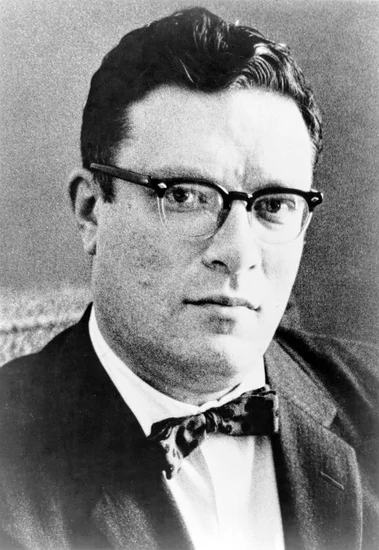
Isaac Asimov entered the world, destined to become one of science fiction’s most prolific and influential writers. His childhood immigration to America shaped his perspective on technology and humanity.
Asimov would later revolutionize science fiction with his Foundation series and robot stories. His Three Laws of Robotics became fundamental concepts in artificial intelligence discussions.
1904 – Michael Tippett Born in England
English composer Michael Tippett was born, beginning a life dedicated to musical innovation and artistic expression. His early musical education revealed extraordinary compositional talent.
Tippett would become one of Britain’s most celebrated 20th-century composers. His works blended traditional classical forms with modernist techniques and social consciousness.
Religious and Social Events on January 2
1920 – Second Palmer Raid Demonstrates Government Overreach
The massive arrests during the Second Palmer Raid raised serious questions about religious freedom and civil liberties. Many immigrant communities faced persecution based on their political and religious beliefs.
Religious leaders across denominations condemned the raids as violations of constitutional principles. The events sparked national discussions about tolerance and religious diversity in America.
1978 – Pakistani Forces Open Fire on Protesting Workers
Pakistani paramilitary forces, acting on President Muhammad Zia-ul-Haq’s orders, opened fire on peaceful protesters in Multan. The workers were demonstrating for better labor conditions and fair wages.
The massacre at Multan Colony Textile Mills became known as a dark chapter in Pakistan’s labor history. The violent suppression of peaceful protesters sparked widespread condemnation and social unrest.
1975 – Railway Minister Lalit Narayan Mishra Fatally Wounded
A bomb blast during a new railway line opening ceremony in Samastipur, Bihar, fatally wounded India’s Railway Minister Lalit Narayan Mishra. The assassination shocked the nation and highlighted political violence.
Mishra’s death marked a tragic loss for India’s railway development programs. The incident underscored the dangerous intersection of politics and public service in modern India.
Business and Economic Events on January 2
1974 – Nixon Signs Bill Lowering National Speed Limit
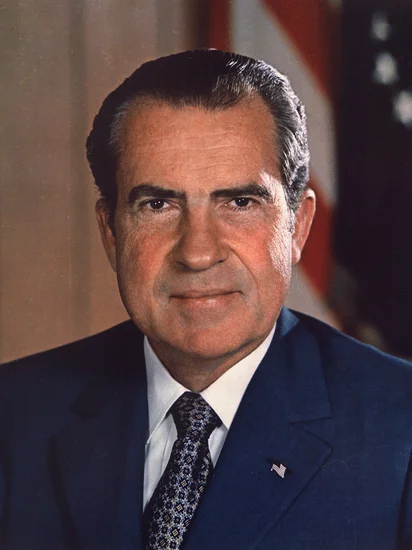
President Richard Nixon signed legislation establishing a national maximum speed limit of 55 mph to conserve gasoline during the OPEC embargo. This emergency measure aimed to reduce America’s oil consumption.
The speed limit represented a significant federal intervention in transportation policy. The law affected millions of American drivers and reshaped highway travel patterns nationwide.
1953 – Guccio Gucci Dies, Leaving Fashion Legacy
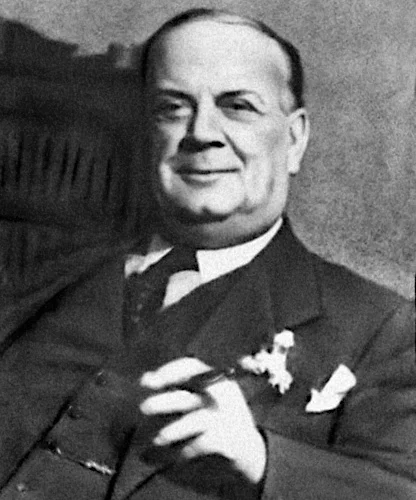
Guccio Gucci, founder of the luxury fashion house Gucci, passed away after building a global empire. His innovative designs and business acumen transformed leather goods into high fashion.
Gucci’s death marked the end of an era in Italian fashion and luxury goods. His company would continue expanding internationally, becoming a symbol of Italian craftsmanship.
1975 – Federal Rules of Evidence Approved
The United States Congress approved the Federal Rules of Evidence, standardizing legal procedures across federal courts. These comprehensive rules transformed how evidence is presented and evaluated in federal litigation.
The new rules brought consistency to federal legal proceedings and improved judicial efficiency. Legal professionals nationwide had to adapt their practices to these standardized procedures.
Transportation and Infrastructure on January 2
1976 – Devastating Gale Begins Across Northern Europe
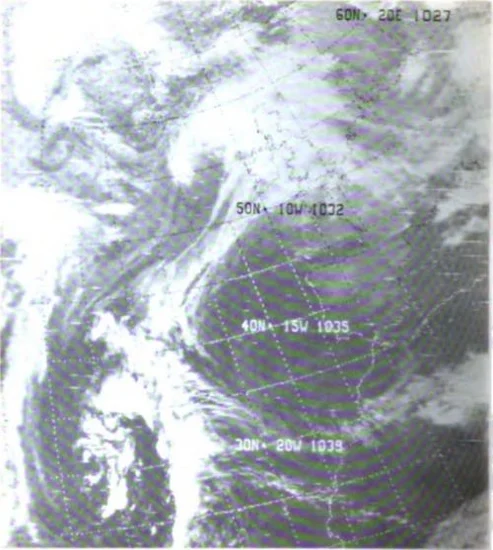
The catastrophic Gale of January 1976 commenced, ultimately causing coastal flooding from Ireland to Yugoslavia. The storm system would claim at least 82 lives and cause $1.3 billion in damage.
The unprecedented weather event disrupted transportation networks across multiple countries. Ships, trains, and aircraft faced dangerous conditions as the storm system intensified.
1988 – Condor Flugdienst Flight 3782 Crashes in Turkey

Condor Flugdienst Flight 3782 crashed near Seferihisar, Turkey, killing 16 people aboard the aircraft. The tragic accident highlighted ongoing aviation safety concerns in international travel.
The crash prompted investigations into aircraft maintenance and pilot training procedures. Aviation authorities implemented new safety protocols following the incident.
2024 – Aircraft Collision at Tokyo’s Haneda Airport

Two aircraft collided on a runway at Tokyo’s Haneda Airport, resulting in 5 deaths and 18 injuries. The accident occurred during routine airport operations at one of the world’s busiest airports.
The collision prompted immediate reviews of airport safety procedures and air traffic control protocols. International aviation authorities closely monitored the investigation’s findings.
Sports and Recreation on January 2
1936 – Roger Miller Born in Oklahoma
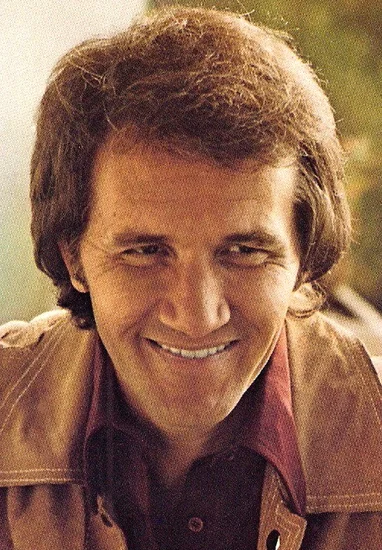
Country music legend Roger Miller was born in Oklahoma, beginning a life that would revolutionize American popular music. His rural upbringing deeply influenced his musical style and storytelling approach.
Miller would later become famous for hits like “King of the Road” and “Dang Me.” His innovative songwriting blended country, pop, and comedy elements in unprecedented ways.
1967 – Francois Pienaar Born in South Africa

Rugby legend Francois Pienaar was born in South Africa, destined to become one of the sport’s most inspirational leaders. His athletic abilities emerged early in his youth.
Pienaar would later captain the South African rugby team to World Cup victory in 1995. His leadership during the post-apartheid era helped unite the nation through sport.
1999 – Fernando Tatís Jr. Born in Dominican Republic

Baseball superstar Fernando Tatís Jr. was born in the Dominican Republic, continuing his family’s professional baseball legacy. His father’s career provided early exposure to professional athletics.
Tatís Jr. would become one of Major League Baseball’s most exciting young players. His dynamic play style and charismatic personality revolutionized the sport’s entertainment value.
Notable Births on January 2
1909 – Barry Goldwater Born in Arizona
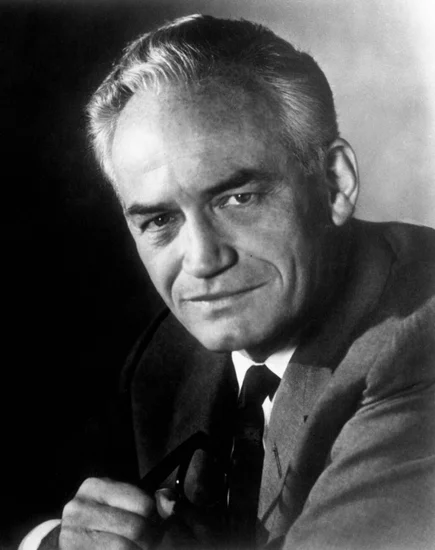
Conservative icon Barry Goldwater was born in Arizona, beginning a life dedicated to American political principles. His family’s business background shaped his economic philosophy and political outlook.
Goldwater would later become the Republican presidential nominee in 1964. His conservative movement laid the groundwork for modern Republican Party ideology.
1936 – David Bailey Born in England
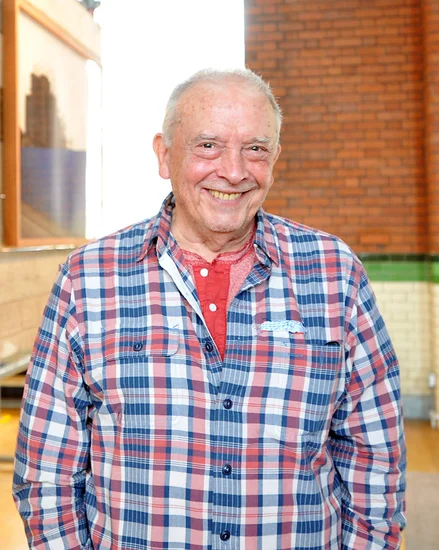
Renowned photographer David Bailey was born in London, destined to revolutionize fashion and portrait photography. His working-class background provided unique perspectives on celebrity culture.
Bailey would become one of the most influential photographers of the 20th century. His innovative techniques and celebrity portraits defined the Swinging Sixties aesthetic.
1959 – Cuba Gooding Jr. Born in New York
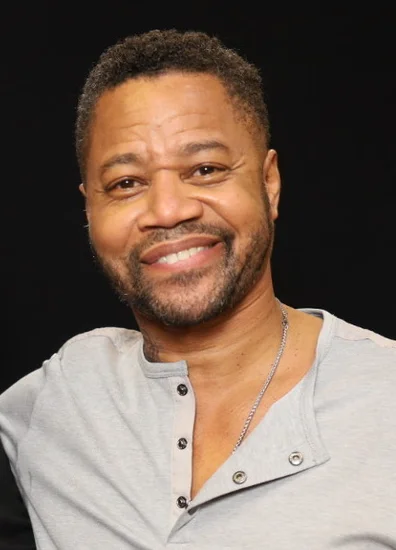
Academy Award-winning actor Cuba Gooding Jr. was born in New York City. His early exposure to entertainment through his father’s music career influenced his artistic development.
Gooding Jr. would win an Oscar for his role in “Jerry Maguire.” His dynamic performances in both dramatic and comedic roles established him as a versatile actor.
1967 – Tia Carrere Born in Hawaii

Actress and singer Tia Carrere was born in Hawaii, bringing Polynesian heritage to Hollywood entertainment. Her multicultural background enriched her artistic expression and career opportunities.
Carrere would become famous for her roles in “Wayne’s World” and “True Lies.” Her performances helped increase Asian-American representation in mainstream entertainment.
1970 – Eric Whitacre Born in Nevada
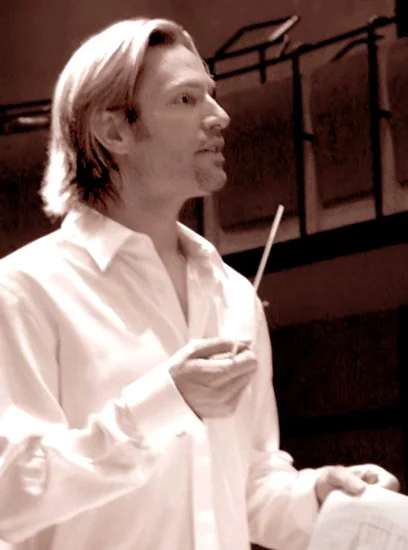
Composer and conductor Eric Whitacre was born in Nevada, beginning a life dedicated to choral music innovation. His early musical education revealed extraordinary compositional talent.
Whitacre would revolutionize choral music with his virtual choir projects and contemporary compositions. His work bridged classical tradition with modern technology and global collaboration.
1971 – Taye Diggs Born in New Jersey
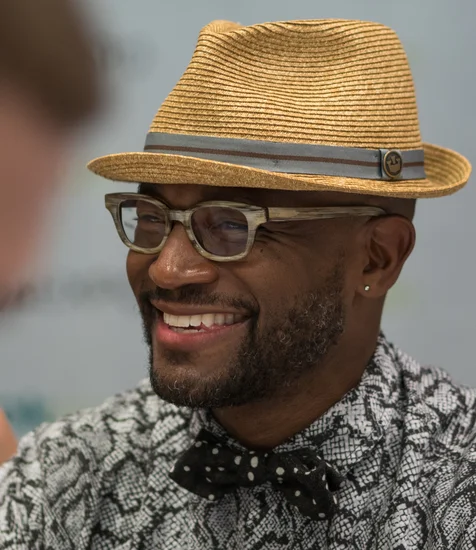
Actor and singer Taye Diggs was born in New Jersey, destined for Broadway and Hollywood success. His early theatrical training provided the foundation for his versatile career.
Diggs would star in groundbreaking productions like “Rent” and “How Stella Got Her Groove Back.” His performances helped diversify American theater and film representation.
1984 – Kate Bosworth Born in California

Actress Kate Bosworth was born in California, beginning a career that would span independent films and major Hollywood productions. Her early equestrian training developed discipline and athletic grace.
Bosworth would gain recognition for her roles in “Blue Crush” and “Superman Returns.” Her performances demonstrated remarkable range across different film genres.
Notable Deaths on January 2
1904 – James Longstreet Dies
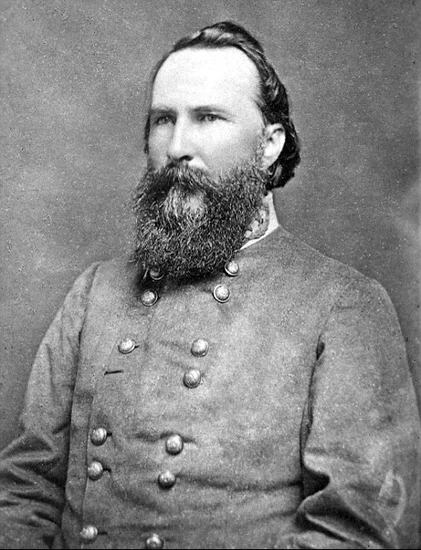
Confederate General James Longstreet died after a controversial post-Civil War career advocating for reconciliation and civil rights. His military service under Robert E. Lee earned him the nickname “Lee’s War Horse.”
Longstreet’s post-war support for Reconstruction and Republican policies alienated many former Confederate supporters. His death marked the end of an era in American military and political history.
1953 – Guccio Gucci Dies
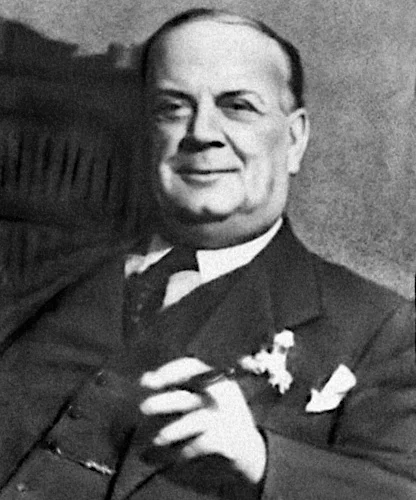
Fashion pioneer Guccio Gucci passed away after establishing one of the world’s most prestigious luxury brands. His leather goods company began as a small Florence workshop and grew into an international empire.
Gucci’s death occurred as his company was expanding globally and defining modern luxury fashion. His legacy continued through his family’s leadership and innovative design philosophy.
1963 – Dick Powell Dies
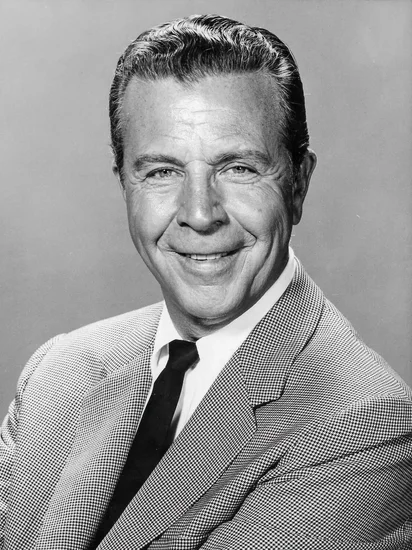
Actor, singer, and director Dick Powell died after a successful career spanning multiple entertainment mediums. His transition from musical films to film noir demonstrated remarkable artistic versatility.
Powell’s death marked the loss of a Hollywood pioneer who helped shape American entertainment. His work as both performer and director influenced generations of entertainers.
1977 – Erroll Garner Dies
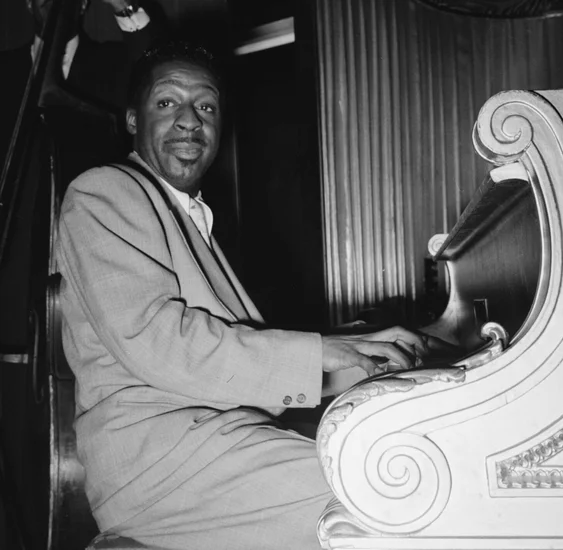
Jazz pianist Erroll Garner passed away after revolutionizing piano performance with his unique style and compositions. His self-taught approach created a distinctive sound that influenced countless musicians.
Garner’s death marked the loss of one of jazz’s most innovative and popular performers. His composition “Misty” became a jazz standard recorded by numerous artists.
1990 – Alan Hale Jr. Dies
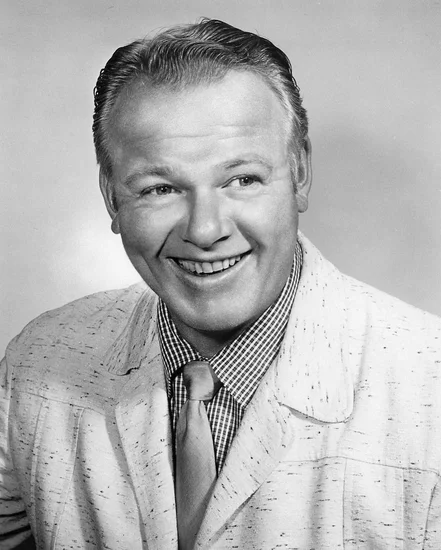
Actor Alan Hale Jr. died after becoming beloved for his role as the Skipper on “Gilligan’s Island.” His television career brought joy to millions of viewers worldwide.
Hale Jr.’s death marked the end of an era in American television comedy. His cheerful personality and comedic timing made him a cherished entertainer.
2000 – Patrick O’Brian Dies
Historical novelist Patrick O’Brian passed away after creating the beloved Aubrey-Maturin series of naval adventures. His meticulous research and storytelling brought the Age of Sail to life.
O’Brian’s death marked the loss of one of historical fiction’s greatest practitioners. His novels inspired both literary acclaim and popular adaptations.
2016 – Nimr al-Nimr Dies
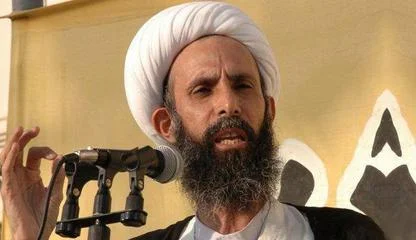
Saudi Arabian religious leader Nimr al-Nimr was executed, sparking international controversy and regional tensions. His death intensified conflicts between Saudi Arabia and Iran.
Al-Nimr’s execution drew condemnation from human rights organizations worldwide. The event highlighted ongoing sectarian tensions in the Middle East.
Holidays and Observances on January 2
Berchtold’s Day in Switzerland
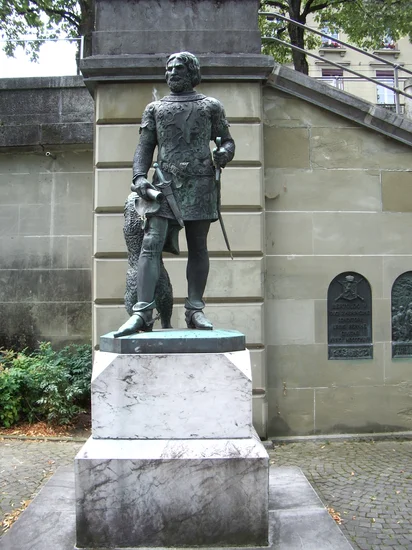
Switzerland celebrates Berchtold’s Day as a traditional holiday following New Year’s Day. The observance honors Saint Berchtold and provides families with additional time for celebration.
Swiss communities organize special events and gatherings during this holiday. The tradition reflects Switzerland’s commitment to preserving cultural heritage and family values.
Ancestry Day in Haiti
Haiti observes Ancestry Day to honor the nation’s cultural heritage and historical roots. The holiday celebrates the diverse influences that shaped Haitian society and identity.
Haitian families use this day to remember their ancestors and cultural traditions. The observance strengthens connections between past and present generations.
Kaapse Klopse in Cape Town, South Africa
Cape Town celebrates Kaapse Klopse, a colorful carnival featuring music, dance, and elaborate costumes. The festival showcases the city’s rich cultural diversity and artistic traditions.
Thousands of performers and spectators participate in this vibrant celebration. The event demonstrates Cape Town’s commitment to preserving its unique cultural heritage.
